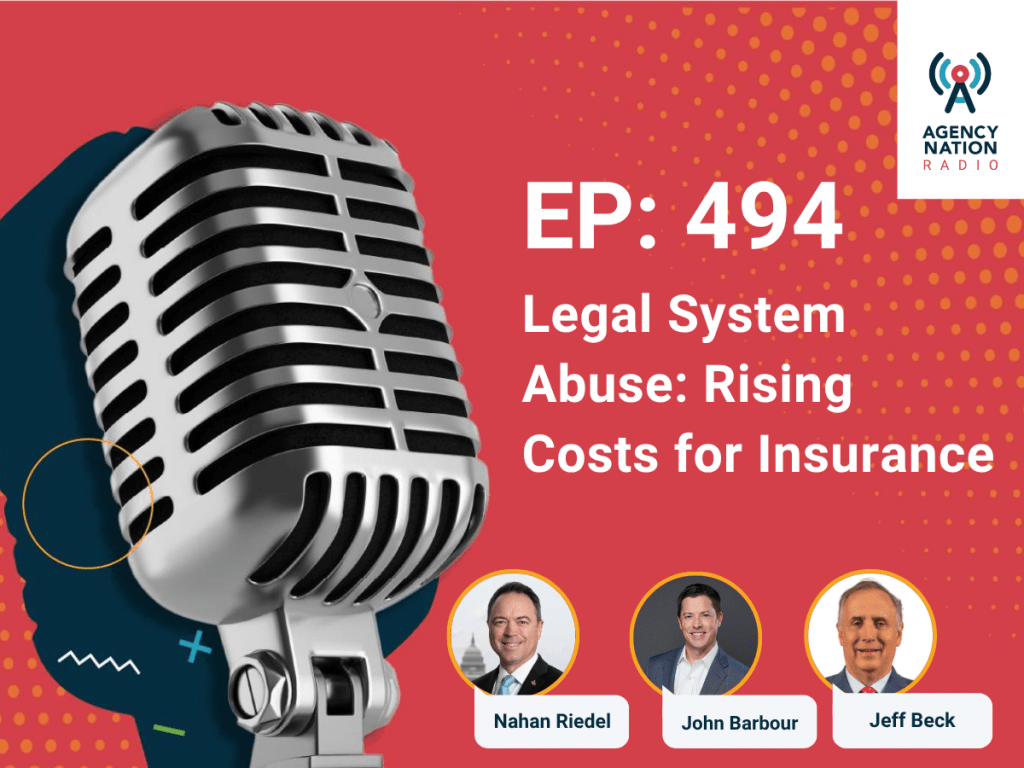Crop Insurance in the Crosshairs
By: Jen McPhillips
Last week, the Government Accountability Office (GAO) released a report on the cost of implementing the Federal Crop Insurance Program (FCIP)—and it sounded familiar. Findings from the report harken back to the 2015 budget conflict, when the Big “I” and other crop insurance industry advocates fought to prevent a $3 billion cut to private-sector delivery of crop insurance.
The GAO report recommends repealing the “sideboard” language in the 2014 Farm Bill which prevents the United States Department of Agriculture from taking money out of crop insurance through the Standard Reinsurance Agreement (SRA) process. Once the sideboard language is repealed, GAO recommends renegotiating the SRA to decrease the target rate of return for companies—the exact proposal that was considered in 2015.
The report also suggests changing the amount of risk companies retain versus the amount the government retains. Finally, the report recommends adjusting the way administrative and operating costs are calculated to level out fluctuations in payments caused by changes in crop prices. Revising the administrative and operating cost baseline will have a direct impact on agent commissions.
In response to the GAO study, the Big “I” released a statement with the DC Crop Coalition refuting the GAO’s claims and highlighting the need for a strong crop program that is accessible to all farmers across the country.
Last week, as a result of the GAO report, Rep. Earl Blumenauer (D-Oregon) filed an amendment to the House Appropriations package that imposes a payment limit of $125,000 on the aggregate of commodity payments, conservation payments and crop insurance premium discounts. The Big “I” has always opposed a cap on premium discounts because they can hinder a farmer’s ability to purchase adequate coverage for their farm. The House Rules Committee is expected to meet early next week to develop a structured rule for the appropriations package that must be passed before the end of September. At this point, there is no guarantee that the amendment will be considered on the floor, since some members of Congress may be reluctant to reopen the Farm Bill in the appropriations process.
The Big “I” and crop company partners prepared talking points and additional materials if it becomes necessary to engage Congress on this issue. Stay tuned to future editions of the weekly News & Views e-newsletter for updates on the status of the amendment.
Jen McPhillips is Big “I” vice president of federal government affairs.










